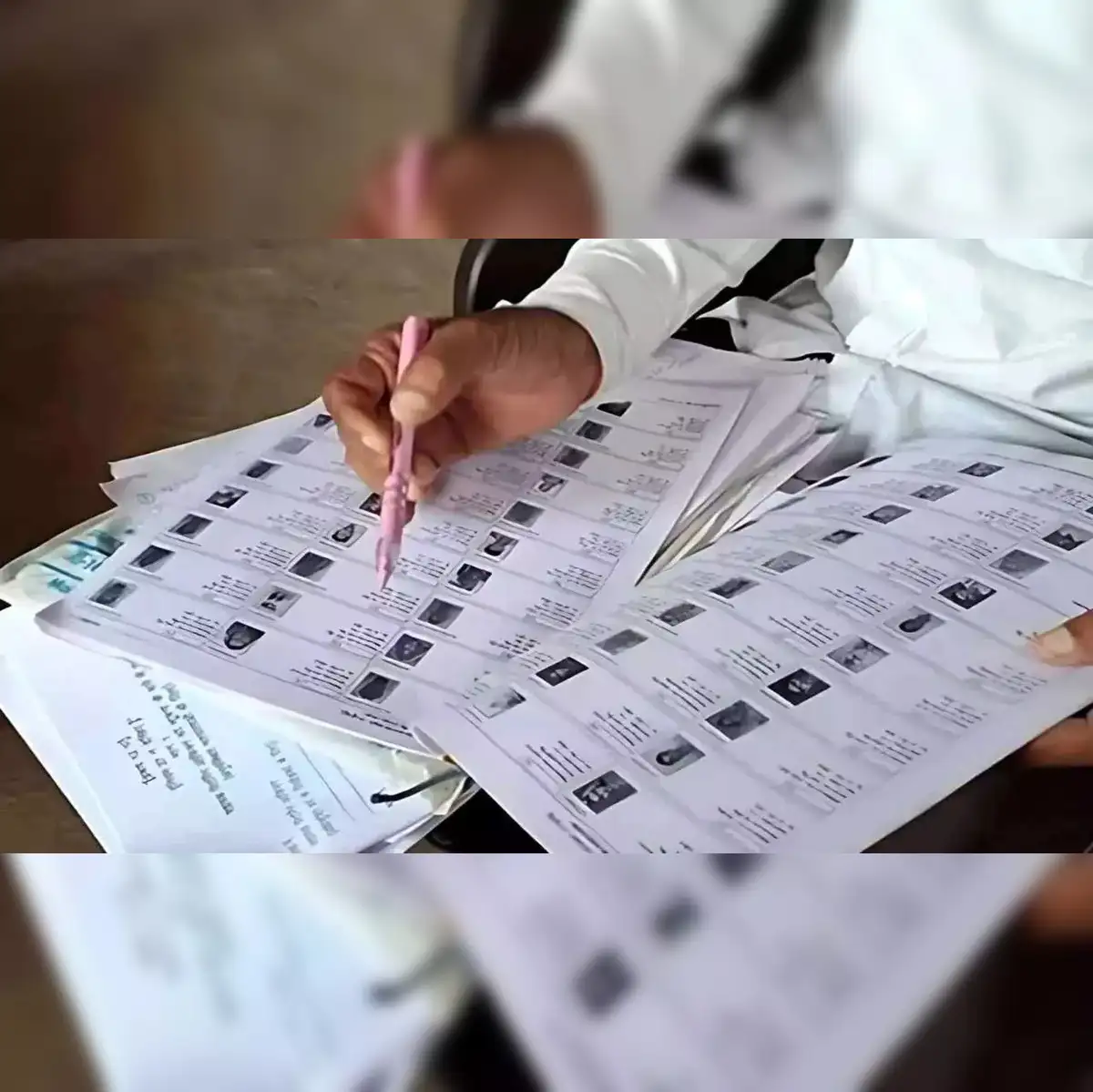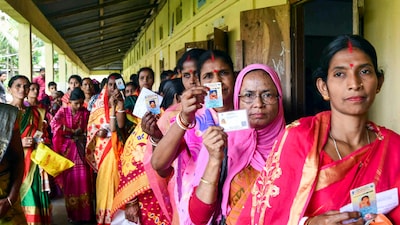In a significant move ahead of the 2026 Assembly elections, the Election Commission of India (ECI) is set to launch the second phase of the Special Intensive Revision (SIR) of electoral rolls starting Tuesday, October 29. The exercise spans nine states and three Union Territories, including key poll-bound regions — Kerala, Tamil Nadu, West Bengal, and Puducherry.
Chief Election Commissioner Gyanesh Kumar emphasized that the initiative aims to ensure “accuracy, inclusivity, and transparency” in India’s voter database — a foundation for free and fair elections.
◆Key Dates and Process
●Door-to-door form distribution & collection: November 4 – December 4, 2025
●Draft rolls publication: December 9, 2025
●Claims & objections period: December 9, 2025 – January 8, 2026
●Final roll publication: February 7, 2026
This marks the ninth nationwide revision since Independence, the last being conducted between 2002 and 2004.
◆States & UTs Covered
The second phase includes Chhattisgarh, Goa, Gujarat, Kerala, Madhya Pradesh, Rajasthan, Tamil Nadu, Uttar Pradesh, and West Bengal, along with the Union Territories of Andaman & Nicobar Islands, Lakshadweep, and Puducherry.
Notably, Assam has been excluded due to ongoing citizenship verification under Supreme Court supervision.
“Under the Citizenship Act, there are special provisions applicable to Assam… the current order does not apply,” said CEC Gyanesh Kumar.

◆A Constitutional Exercise Amid Political Noise
The revision drive comes amid heightened political tensions, especially in West Bengal and Tamil Nadu, where opposition leaders questioned the timing and intent.
CEC Kumar dismissed these concerns, reaffirming that the ECI is “performing its constitutional duty under Article 326”, while urging state governments to cooperate fully.
The ECI also clarified that Kerala’s local body elections remain unaffected for now, as notifications are yet to be issued.
◆Operational Directives: Precision Through Technology
The Commission has drawn lessons from Bihar’s SIR, where a record 7.42 crore electors were verified. Booth Level Officers (BLOs) have been instructed to carry Form-6 applications for new voters and conduct local verification in cases of missing forms.
Digital tools will help detect duplicates and track status updates in real time — a move expected to significantly enhance data accuracy.
◆Political Reactions
While the Congress Party called the timing “questionable,” Tamil Nadu CM M.K. Stalin termed the exercise “an NDA miscalculation.” However, other observers see it as a necessary modernization of the electoral process.
Political analysts say that though technocratic in design, the SIR carries clear political undertones, coming months before crucial state polls.
“If executed efficiently, this revision could restore confidence in the ECI’s neutrality and become a cornerstone of electoral reform,” analysts noted.
The Bigger Picture
As India prepares for a busy election year, the success of this exercise will determine not only the credibility of the 2026 elections but also the trust in the nation’s democratic machinery.
The ECI’s drive to modernize voter data management through transparency and technology may well set a new benchmark in electoral governance.


